News
Remaining Safety Hazards in Bangladeshi Factories Show That Apparel Brands Must Not Abandon Binding Safety Program
In the week of the World Day for Health and Safety at Work, the witness signatories to the Bangladesh Accord have published a report showing that deadly safety hazards remain at factories producing for major apparel brands and retailers. The Accord—the most successful safety program in the contemporary history of apparel supply chains—is set to…
Why would leading apparel brands and retailers—like Zara, Tommy Hilfiger, and American Eagle—walk away from a life-saving inspection program that is the only effective worker safety initiative in their global supply chains?
The Rana Plaza apparel factory collapse killed more workers than any other manufacturing disaster in human history. The 1,134 known deaths in that building on April 24, 2013, a culmination of more than a decade of mass fatality incidents in Bangladesh’s sprawling garment industry—all in factories producing for leading global brands. The most important thing…
Report: Pandemic-Era Severance Theft at Garment Factories Exceeds Half a Billion Dollars
WRC Finds Violations in Supply Chains of Gap, Next, Walmart, and MoreFashion Brands Urged to Form Severance Guarantee Fund to Pay Fired Workers’ Stolen Earnings Tens of thousands of garment workers at factories producing for leading fashion brands, who were fired during the Covid-19 pandemic, are being denied terminal compensation, in violation of the law…
Coalition to End Forced Labour in the Uyghur Region Warns Corporations Not to Trade their Human Rights Principles for Market Access
WORLDWIDE — As global fashion brands face commercial retaliation in China over their statements against the use of forced Uyghur labour, the advocates leading the campaign against forced labour in the Uyghur Region are calling on companies not to trade their human rights principles to hang onto commercial advantage.
Lesotho Garment Worker Program to Combat Gender-Based Violence Begins
by: Carolyn Butler, Solidarity Center A worker-centered, precedent-setting program that targets gender-based violence and harassment (GBVH) in four Lesotho garment factories is now in effect for as many as 10,000 workers producing jeans for the global market. The program inauguration on Friday was marked by a social media campaign, including SMS text blasts to garment…
Statement of the Worker Rights Consortium concerning the Violence of January 6
The Worker Rights Consortium strongly condemns the violent anti-democratic invasion of the US Capitol building by racist and other far-right groups that took place in Washington, DC last week. As an American organization headquartered in DC with a global presence, we have seen the impact of these despicable actions reverberate throughout our community, the United…
Global Survey: Garment Workers Report Widespread Hunger during Covid-19
Global Survey: Garment Workers Report Widespread Hunger during Covid-19 Leading apparel brands urged to avert destitution for workers who sew their clothes As a result of falling income and job loss amidst the Covid-19 pandemic, garment workers across the supply chains of major brands and retailers report growing hunger and food insecurity. These are the…
Worker Rights Consortium Applauds US CBP Ban On XPCC Cotton as a “Body-Blow” to Apparel Brands Complicit in Forced Labor
Coalition allies filed a petition for a regional WRO on cotton products from China’s Xinjiang Region in August Today, United States Customs and Border Protection (CBP) announced that it will block imports of all products containing cotton produced by the Xinjiang Production and Construction Corps (XPCC), in response to widespread concerns over the use of forced…
Why We Need Corporate Transparency on Factory Closures
Covid-19 has meant a huge drop in demand for apparel, resulting in many closures of garment-producing facilities, with many more expected. Factory closures have sweeping social impacts, both short and long term, with a single closure often affecting the livelihoods and life prospects of thousands of workers and their dependents. When closures are carried out…
Featured News Story
EXCLUSIVE: Fanatics, Nike Back Binding Agreement to Fight Workplace Sexual Violence in Indonesia
Sourcing Journal
WRC in the Media
Are Unionized Garment Factories Being Targeted for Closures?
Sourcing Journal
Landmark Gender Justice Agreement for Indonesian Garment Workers Shows the Power of Research and Campaigning
TriplePundit
Worker-led programs are tackling gender-based violence in supply chains, but they’re at risk
The Conversation
How Trump’s tariffs could affect Nike and its workers
The Oregonian
Decades after Nike promised sweatshop reforms, workers in this factory were still fainting
The Oregonian
Media Inquiries
Please direct media inquiries to:
Office Phone: (202) 387-4884
Email: [email protected]

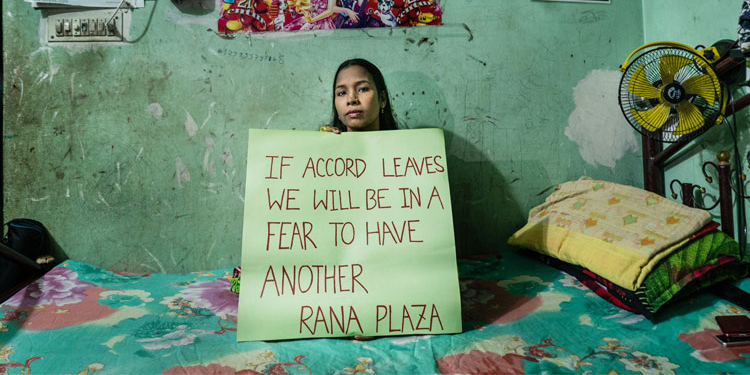
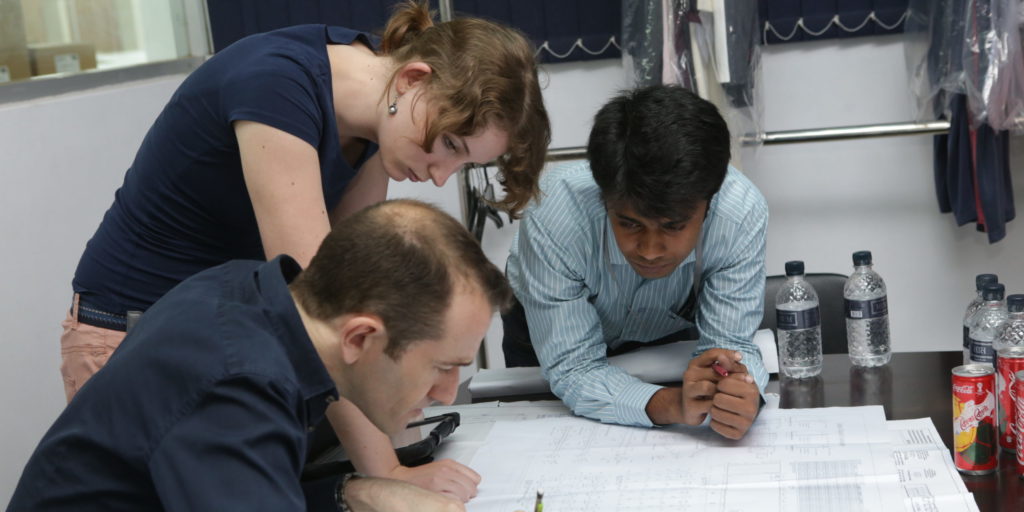
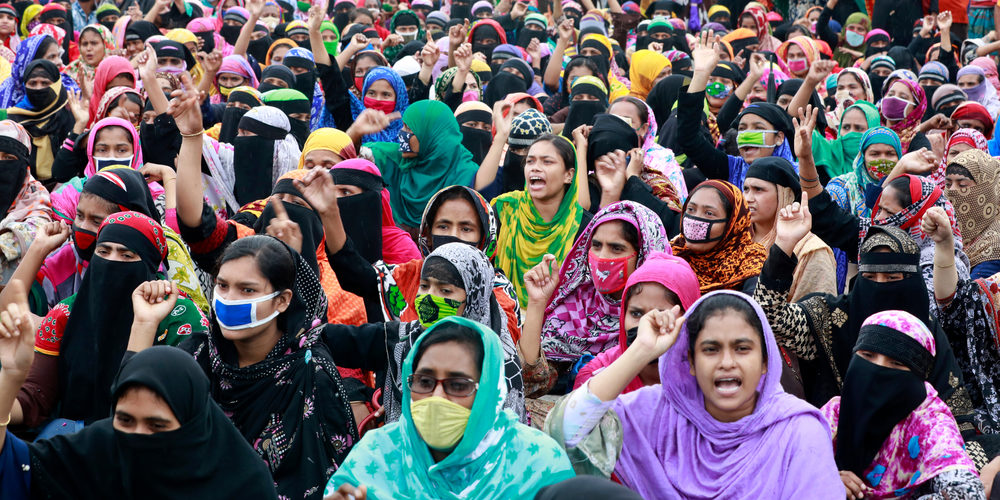
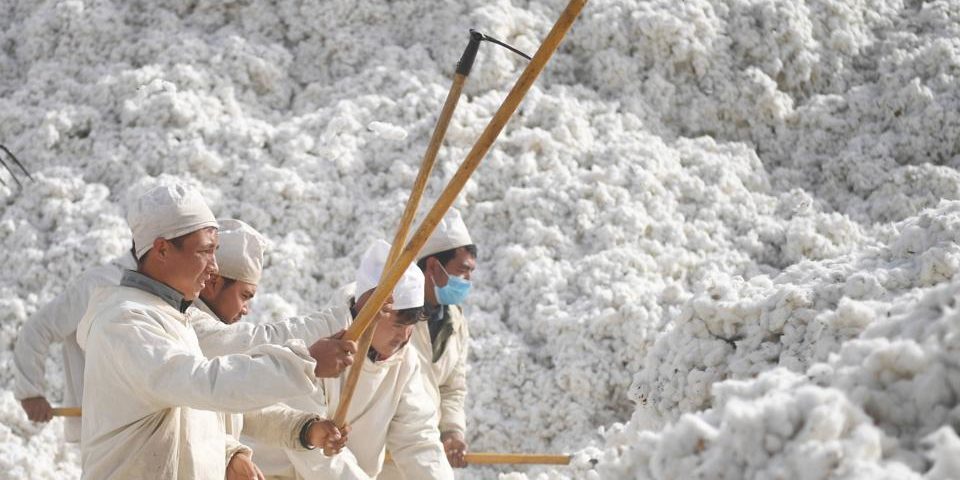
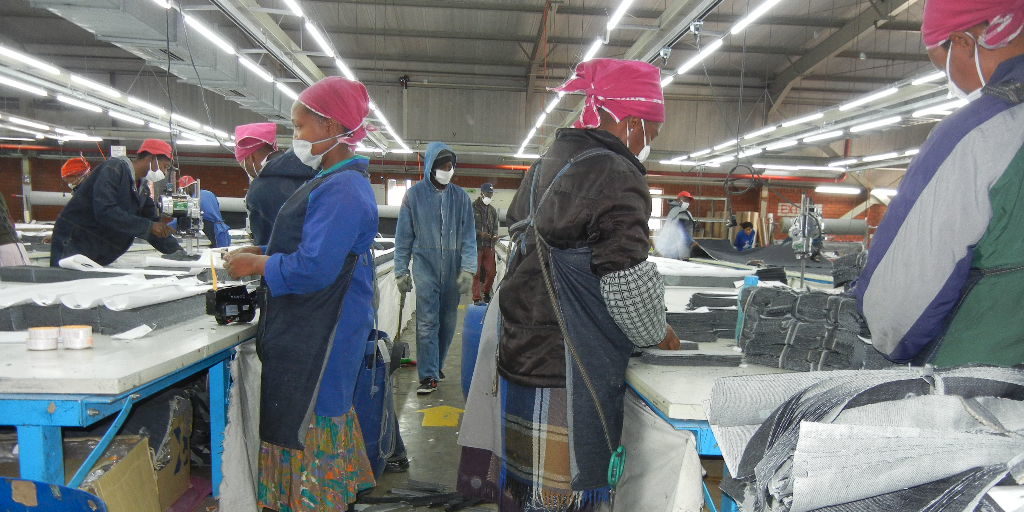
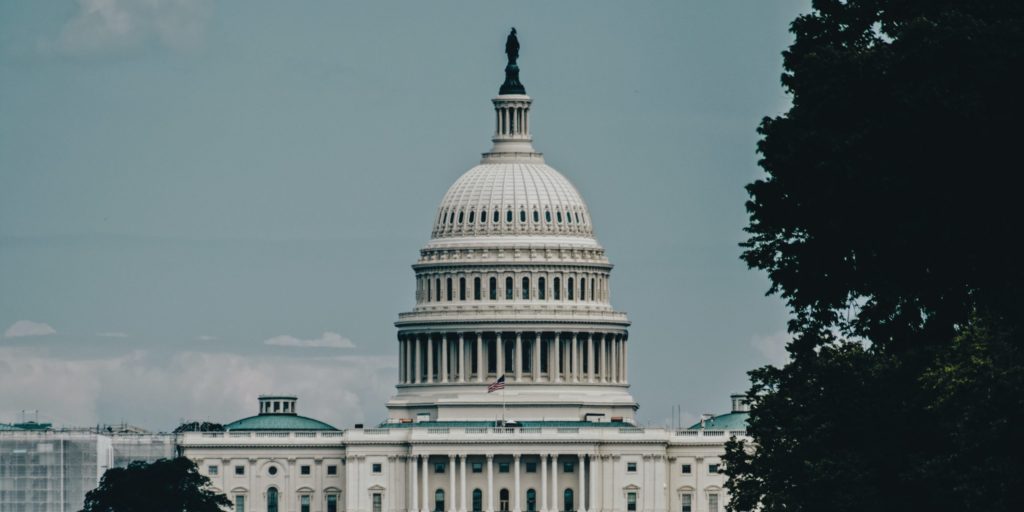
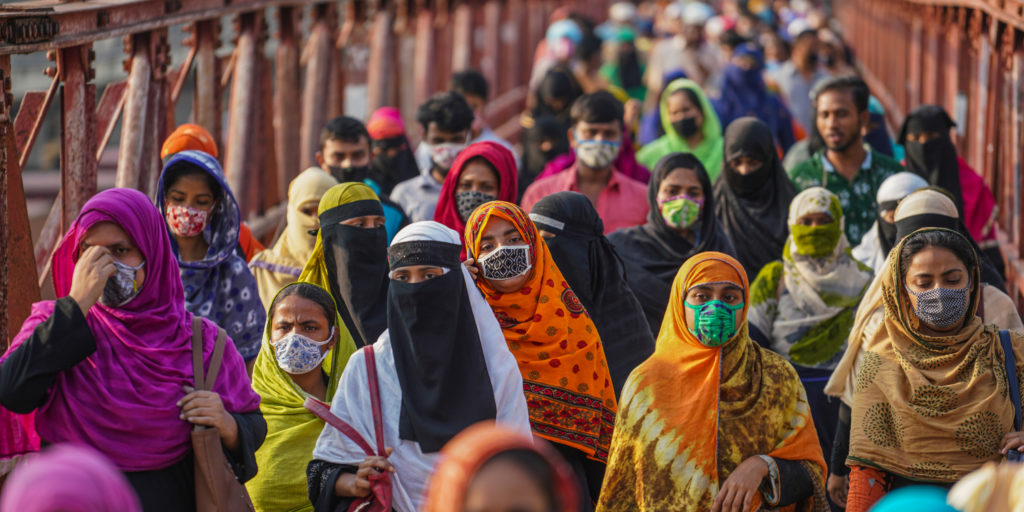
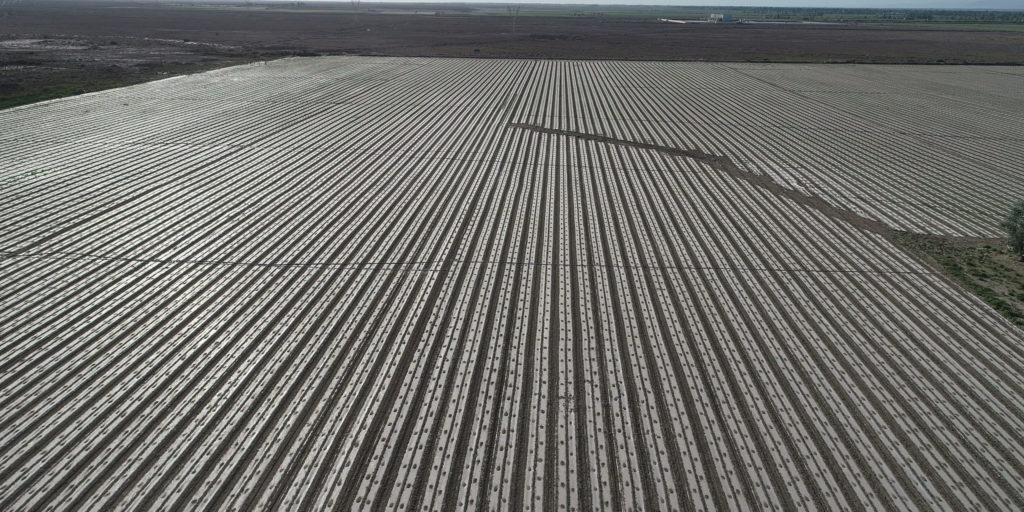
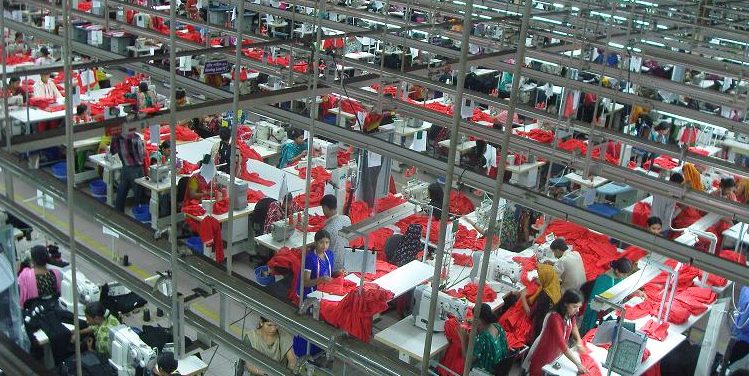
Buyers Pulled Orders When Migrant Burmese Garment Workers Spoke Out in Defense of Their Rights, Now They Are Making Workers Whole
Despite the inclusion of nondiscrimination protections based on nationality in Thai labor law, Mae Sot is known as a black hole of labor abuse for the many Burmese migrant workers who produce apparel there. Burmese workers in Mae Sot face a range of workplace violations that often go unreported and uncorrected due to their status…